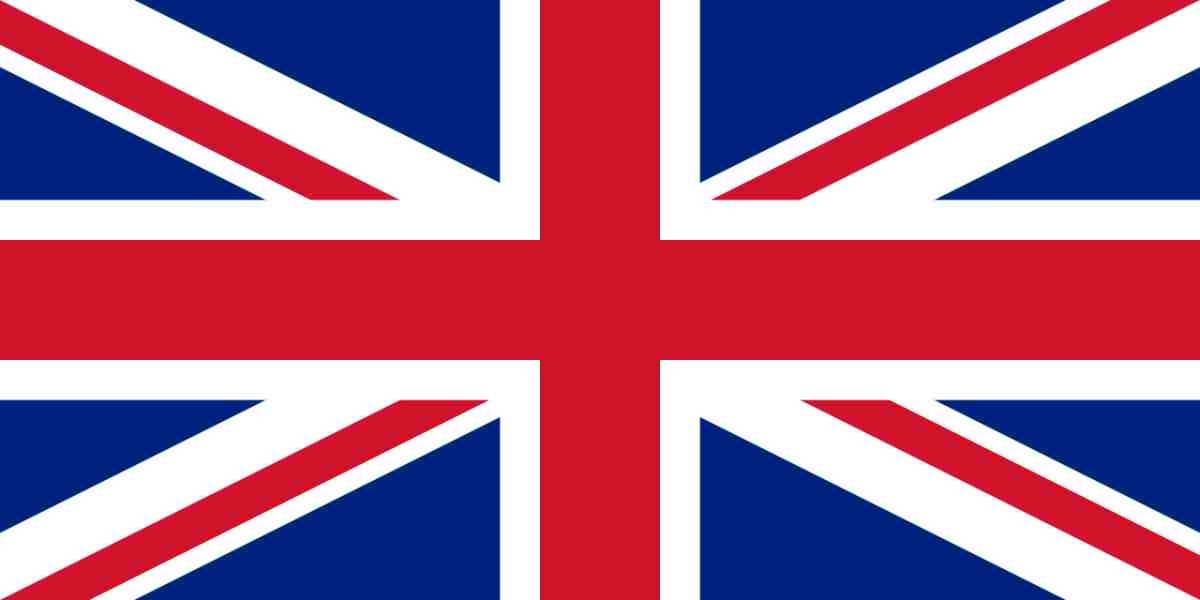Brain drain: UK bars active recruitment of health workers from Nigeria
The United Kingdom Government has barred active recruitment of health workers from Nigeria by health and social care employers in the UK. The UK disclosed this in its updated ‘Code of Practice’ for the international recruitment of health and social care personnel’ posted on its website. Nigeria has now been included in the red list […]

The United Kingdom Government has barred active recruitment of health workers from Nigeria by health and social care employers in the UK.
The UK disclosed this in its updated ‘Code of Practice’ for the international recruitment of health and social care personnel’ posted on its website.
Nigeria has now been included in the red list of countries facing critical shortage of health workers as contained in the World Health Organisation (WHO)’s health workforce support and safeguards list.
In March, the WHO published the safeguards list comprising 55 countries — including Nigeria — struggling with a shortage of health workers.
Reps mandate 5-yr practice for doctors before leaving Nigeria
FRSC returns N27.1m recovered at accident scene to victim’s family
The UK government said Nigeria and other countries on the red list should be prioritised for health personnel development and health system-related support as well as provided with safeguards that discourage active international recruitment of their workers.
The code of practice reads, “Consistent with the WHO Global Code of Practice principles and articles, and as explicitly called for by the WHO Global Code of Practice 10-year review, the listed countries should be prioritised for health personnel development and health system-related support, provided with safeguards that discourage active international recruitment of health personnel.
“Countries on the list should not be actively targeted for recruitment by health and social care employers, recruitment organisations, agencies, collaborations, or contracting bodies unless there is a government-to-government agreement in place to allow managed recruitment undertaken strictly in compliance with the terms of that agreement.
“Countries on the WHO Health Workforce Support and Safeguards list are graded red in the code. If a government-to-government agreement is put in place between a partner country, which restricts recruiting organisations to the terms of the agreement, the country is added to the amber list.”
It said if a country was not on the red or amber list, then it is green.
The amber countries where international recruitment is only permitted in compliance with the terms of the government-to-government agreement are Kenya and Nepal.
Recall that a bill to prevent Nigeria-trained medical and dental practitioners from being granted full licences until they have worked for a minimum of five years in the country passed second reading at the House of Representatives last Thursday.
The bill is aimed at addressing the increasing number of medical doctors leaving Nigeria for greener pastures, and making quality health services available to Nigeria.
Sponsored by Ganiyu Abiodun Johnson, it is titled ‘The Bill for an Act to Amend the Medical and Dental Practitioners Act 2004’.
Johnson said it was only fair for medical practitioners, who enjoyed taxpayer’s subsidies on their training, to “give back to the society” by working for a minimum number of years in Nigeria before exporting their skills abroad.
Many lawmakers supported the bill though a number of them called for flexibility and options in the envisaged law.
Uzoma Nkem-Abonta said tying a doctor down for five years in Nigeria before seeking employment outside is akin to enslavement.
However, a majority voice vote passed the bill for second reading at the plenary presided by Speaker Femi Gbajabiamila.
